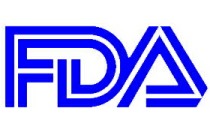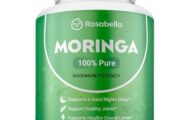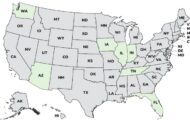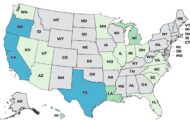The Food and Drug Administration (FDA) has published draft guidance for industry on mandatory food recall authority. The draft contains nonbonding recommendations. The mandatory food recall provisions are part of the Food Safety Modernization Act of 2011 (FSMA).
 Section 423 of the FD&C Act gives authority to the government to order a responsible party to recall food when FDA determines there is a reasonable probability that the food is adulterated or misbranded, and that use of the food will cause serious adverse health consequences or death to humans or animals. Before FSMA was enacted, FDA had to rely on corporations to voluntarily recall food products. This authority lets FDA force a recall when the responsible party chooses not to conduct a voluntary recall. The items that fall under this guidance include dietary supplements.
Section 423 of the FD&C Act gives authority to the government to order a responsible party to recall food when FDA determines there is a reasonable probability that the food is adulterated or misbranded, and that use of the food will cause serious adverse health consequences or death to humans or animals. Before FSMA was enacted, FDA had to rely on corporations to voluntarily recall food products. This authority lets FDA force a recall when the responsible party chooses not to conduct a voluntary recall. The items that fall under this guidance include dietary supplements.
After deciding that a product should be recalled, FDA must give the corporation the opportunity to recall it voluntarily. If the company will not comply, FDA can order them to stop selling the food and hold a hearing. After that, FDA can order a recall. Only the FDA Commissioner has the authority to order a recall.
Food is considered adulterated if it has any “poisonous or deleterious substance which may render it injurious to health; consists in whole or in part of any filthy, putrid, or decomposed substance, or is otherwise unfit for food; or has been prepared, packed, or held under insanitary conditions whereby it may be rendered injurious to health.” Dietary supplements are adulterer when an ingredient presents a “significant or unreasonable risk of illness or injury under the conditions of use recommended or suggested in labeling; or is a new ingredient that is not assured of safety; or poses an imminent hazard to public health or safety.”
FDA has only used this power two times since 2011. The first was a recall of Salmonella contaminated pet treats in 2013, and in 2014 in the recall of OxyElite Pro Dietary Supplements.




